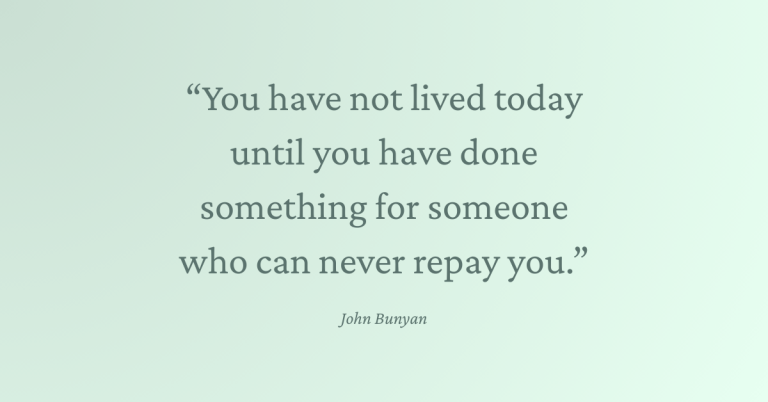By Isabella Beeton
Estimated reading time: 4 minutes
“A place for everything and everything in its place.” This simple, rhythmic quote speaks directly to the value of order. It’s about having structure, tidiness, and clarity in your environment and, by extension, in your daily life. The message feels both practical and reassuring. It encourages us to create calm through organisation — whether that’s at home, at work, or in our routines. For many people, it’s not just about putting things away; it’s about reducing stress, saving time, and improving focus. The quote has endured for more than a century because it taps into a universal truth: life runs more smoothly when things — both physical and mental — are where they belong.
What Does This Quote Mean?
This quote reminds us of the benefits of keeping our surroundings and systems in order. “A place for everything” suggests that every item, tool, or object we use should have a designated home. “And everything in its place” urges us to return each item to that home after use.
It’s more than just a call for tidiness. It’s a mindset that values routine, care, and forethought. When your keys always go in the same bowl, or your receipts go in a set folder, you’re not just keeping things neat — you’re reducing the mental load of having to search or make decisions repeatedly.
The quote can apply to physical spaces like kitchens, desks, wardrobes, or garages. But it can also apply to digital life — filing emails, sorting documents, or naming files consistently. It even applies to how we manage our time. Setting clear boundaries, planning your day, or deciding when to rest and when to work are all ways of putting things “in their place.”
It’s not about perfection. It’s about developing habits that make daily life less chaotic. When the things around you are in order, you often feel more in control. That can ease anxiety and free you up to focus on more meaningful tasks. It’s a quiet kind of structure that supports you without drawing attention to itself.
How Can You Use This Quote in Life?
You can apply this quote in both small and wide-reaching ways. Here are a few practical examples:
- Tidy up routines, not just spaces
Whether it’s the kitchen, your work desk, or your handbag, setting aside a few minutes daily to return items to their homes can make a big difference. It means less time searching for things and more time actually doing what matters. - Sort digital clutter
Create folders for documents, label them clearly, and stick to the same naming pattern. The same goes for emails. An organised inbox — with filters, labels, or folders — can help you stay on top of tasks and avoid overwhelm. - Keep your schedule structured
Give time its own place too. That might mean planning meals for the week on Sundays, blocking out hours for deep work, or having a regular bedtime. Predictability in your schedule brings calm, and it also makes room for spontaneity when you need it. - Involve the household
This quote isn’t only for solo living. If you share your space with family or flatmates, involve them in giving things a set home. Labelling storage bins, creating shared calendars, or even agreeing where the TV remote lives can stop small frustrations from growing. - Apply it to emotional space
Organisation isn’t just physical. Give yourself time and permission to process thoughts or feelings. That could mean journalling at the same time each day, setting limits on screen time, or creating a calm corner where you can decompress. These routines help you know where emotional things “belong” too.
The beauty of this quote is how adaptable it is. It applies as much to your sock drawer as it does to your mental health. When you give things structure, they tend to stay manageable. That doesn’t mean being rigid — it just means thinking ahead a little, so life doesn’t pile up.
The Motivation Message
This quote doesn’t ask you to be perfect. It invites you to take small, steady steps toward a calmer life. When things have a home, your mind has one less thing to hold onto. When routines are in place, you free up energy for creativity, rest, or simply being present.
Think of it as a kind of quiet discipline — one that rewards you in the background. No one will applaud the labelled drawer or the tidy inbox, but you’ll feel the difference. Life becomes a little easier, and in a world that’s often full of noise, that’s something worth choosing.
The message isn’t just about tidiness — it’s about respect. For your time, your space, and your peace of mind. Order doesn’t make you rigid. It makes room.
About the Author
Isabella Beeton was a 19th-century English author best known for Mrs Beeton’s Book of Household Management, a landmark domestic guide first published in 1861. Though she died young, her work became a lasting symbol of Victorian domestic ideals and is still referenced today.
Beeton wrote during a time when the home was seen as a centre of moral guidance and stability. Her advice was practical, covering everything from budgeting and childrearing to cooking and cleaning. Organisation, in her view, wasn’t just a preference — it was a foundation for daily life.
This quote reflects the spirit of her work. She believed that when things were in order, the household could run more smoothly, reducing stress for everyone. It wasn’t about control for its own sake, but about creating a home where people could function and feel cared for. The quote endures because it reflects something timeless — the human need for structure, no matter the century.




